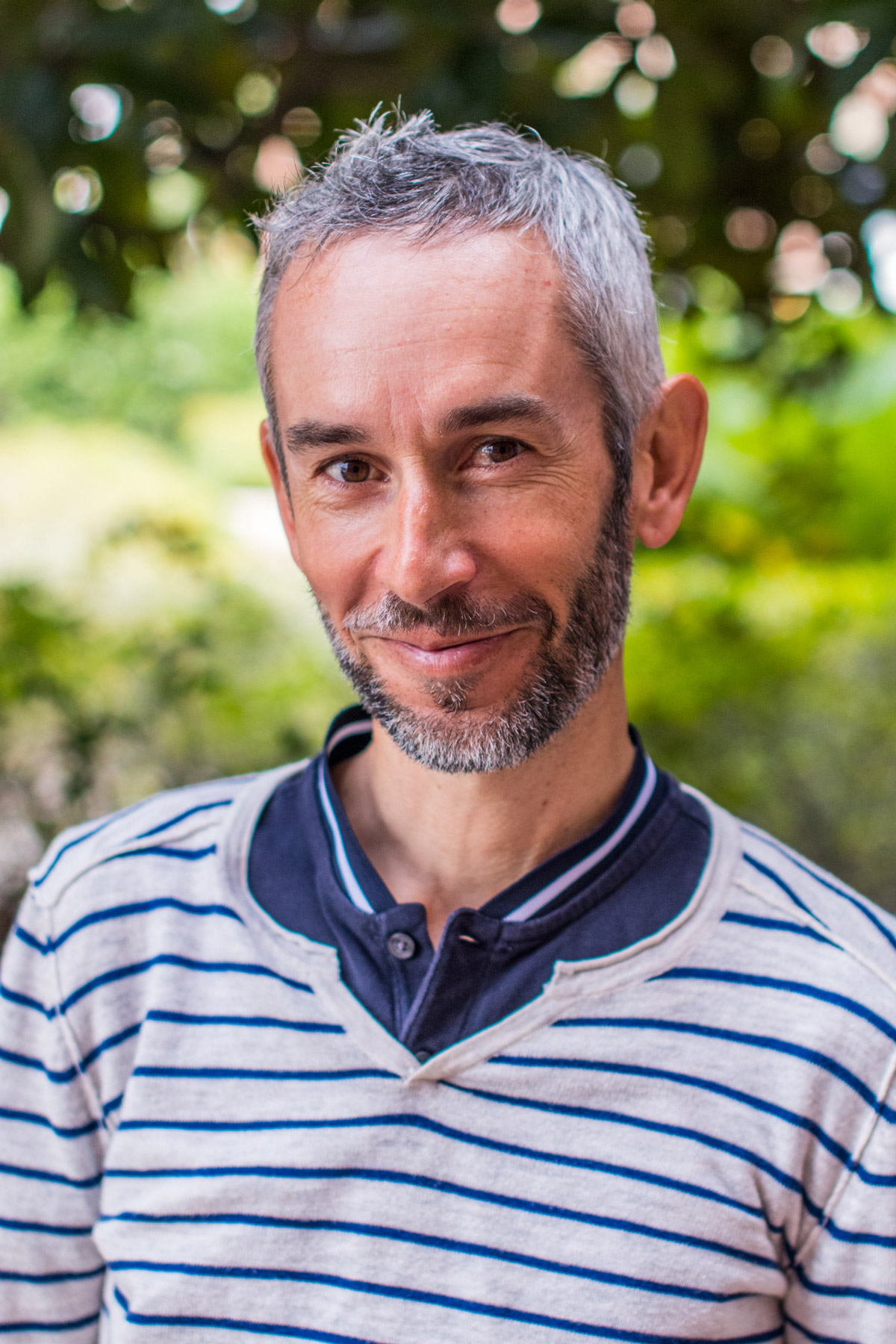
The College of Media & Communication currently hosts 43 international students from around the globe, including students from Spain, China, Mongolia, Bangladesh, and many other countries. The change of culture and lifestyle can be shocking to many, but the intellectual benefits are as unique as West Texas itself.
In 2010, Patrick Merle, Ph.D., associate professor and director of Florida State University's School of Communication, began the doctoral program in the College of Media & Communication. Hailing from France, he had received undergraduate and graduate degrees from institutions in his home country and in Ireland. After teaching at a community college in the Chicago area, Merle decided higher education was his future.
With some keywords plugged into Google, Merle sought another degree. Texas Tech was waiting for him.
“I had been to Texas before,” says Merle. “I went to Austin for work on a documentary, but I did not know West Texas. I thought it was an interesting place when I got there. I thought the campus was beautiful. I met with Dr. Callison [professor and associate dean of graduate studies], and I enjoyed his aggressive, ambitious approach. After that, I thought, ‘Yeah, why not?' This was one of the best decisions of my life.”
Merle was witness and participant to a booming period for the College of Media & Communication's doctoral program, which set him on an even higher trajectory.
“At the time, the Ph.D. program was young compared to other universities,” says Merle, “but we had just moved into a newer, bigger building. Things were starting to take a positive momentum and there was a lot of positive energy for people to succeed and develop themselves. You could sense that positive energy—as challenging as the program was—and it was brilliant. It was a fantastic time to be there and be a part of that.”
With the college's merit on the rise, Merle capitalized by making professional connections throughout the program. Namely, he worked for Callison as a research assistant, analyzing data for a study concerning arithmetic aptitude in manuscripts linked to journals.
“In the work I did with Dr. Callison, we wanted to find out if people's ability to understand math had an impact on how they process content written by journalists in times of crisis,” says Merle. “I thought this was a really interesting approach, and then I wondered if the same aptitude exists in how people process political news content.”
Merle's contributions and inherent curiosity would set the stage for his dissertation.
“I challenged myself to develop a new scale for political and news processing, which I call political aptitude,” says Merle. “I asked whether this aptitude, high or low, would act as a buffer against agenda setting effects. It was a fantastic project for me because I had a chance to try to develop a scale, which is always an exciting adventure.”
Merle dug through an abundance of literature and sought the best course for his research while Callison bolstered the process with his experimental expertise.
"That was my strong connection with him,” Merle says. “He is one of the best experimentalists in the nation, if not the world, in terms of methodological understanding. He trained me to be a good experimentalist.”
Although Merle spent many hours working alongside Callison, he recalls many faculty members offering their time and assistance.
“All of them really gave me this special knowledge,” says Merle. “I had a very good relationship with Dr. Cummins [professor and associate dean for research and grants]. We would have coffee chats a lot, where I would ask him questions and he would talk about projects or research. That was really beneficial. I also very much enjoyed working with Dr. Wilkinson [professor and director of the Harris Institute for Hispanic and International Communication]. He operates from a different perspective, which is often just as valuable as someone who thinks the same as you.”
These dedicated academics helped make Merle's doctoral experience memorable and invaluable.
“My time at Texas Tech was a fantastic time,” says Merle. “I very often think about it. It was such a unique time. If I had to do it all over again, I would. One of my best experiences in life, for sure.”
The College of Media & Communication prides itself in creating lasting relationships with its students, but all programs are meant to catapult those students to new success.
Merle now teaches topics like political communication and international public relations at Florida State University, where he is the director of the School of Communication. As for research, he always has something in the works.
“At the moment I am finishing a few things that pertain to COVID,” says Merle. “Unsurprisingly, this is what has been keeping us busy and occupied for over a year now. We have a few projects with a couple of people looking at messaging that could encourage people to adopt protective behaviors. And then I'm starting to look at some relationships with civic engagement, since that's always been something that I appreciate.”
From France to Ireland to Lubbock, Merle has plenty lessons of his own to offer prospective international students.
“The benefit of the [United States] is you have a more direct relationship with the professors. It would have been impossible for me to have the same relationship with Callison and others if I had done the work in France. There's not the same understanding of mentorship. The faculty were dedicated to our success and helping us.”
